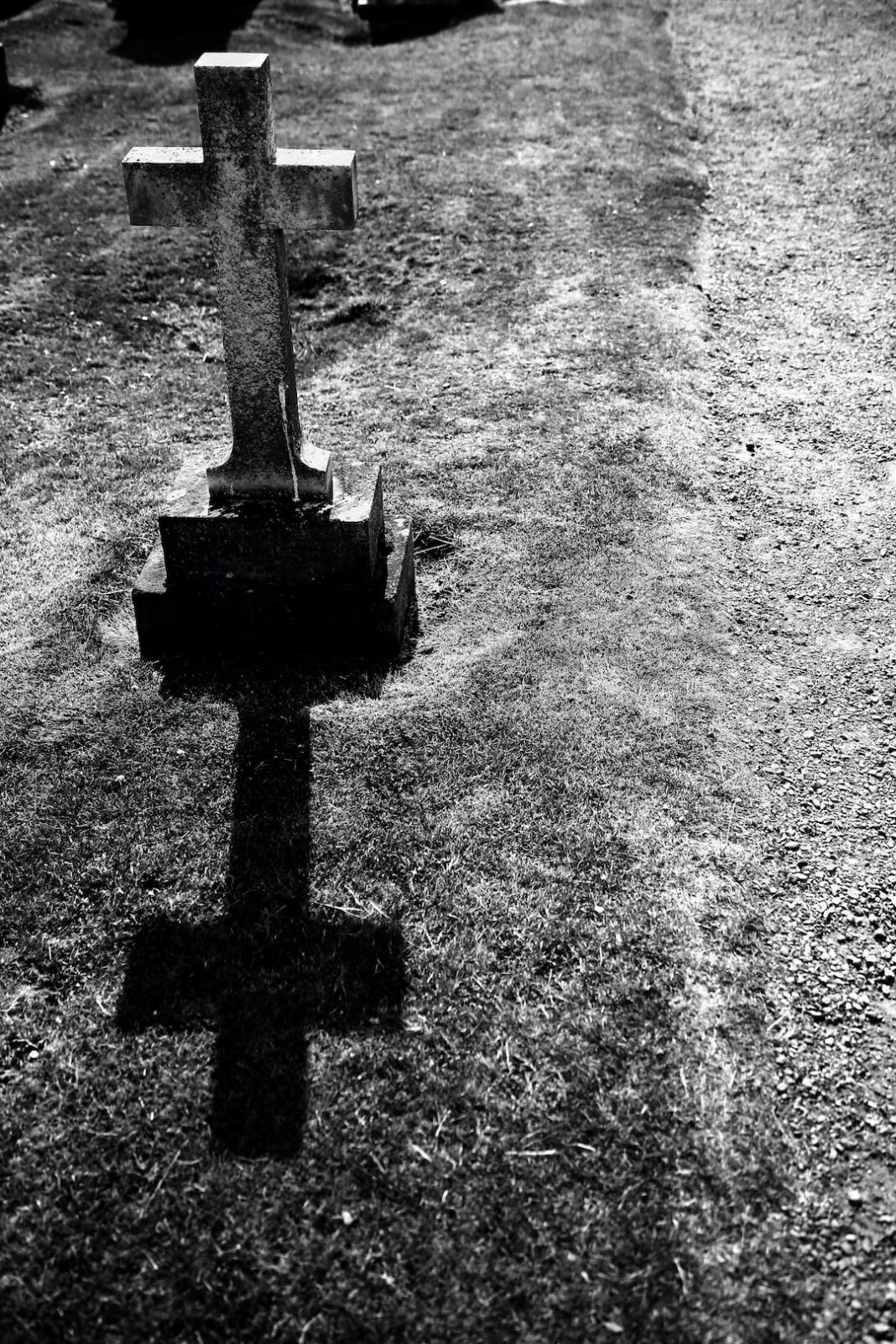UNITED STATES—When life takes an unexpected turn and a loved one’s demise is caused by someone else’s negligence, the aftermath can be emotionally and financially overwhelming. In such tragic scenarios, families often seek solace and justice through wrongful death lawsuits. However, a question that commonly arises is whether there’s a cap on compensation in wrongful death cases. In this article, we delve into the intricacies of wrongful death cases, the factors influencing compensation, and whether jurisdictions impose limitations on the compensation awarded.
Understanding Wrongful Death Cases
Wrongful death cases stem from situations where an individual’s death is caused by the negligence, recklessness, or deliberate actions of another party. These cases can arise from various scenarios, including car accidents, medical malpractice, workplace accidents, and defective products. The aim of a wrongful death lawsuit is to hold the responsible party accountable and provide compensation to the surviving family members for their loss.
Factors Influencing Compensation
The compensation awarded in wrongful death cases can vary widely based on several factors. These may include the victim’s age, earning potential, medical expenses, funeral costs, and the emotional suffering endured by the family. Additionally, the extent of negligence on the part of the defendant and the available evidence play crucial roles in determining the compensation amount.
Jurisdictional Differences in Compensation Limits
One of the critical aspects to consider is that compensation caps, if they exist, can vary from one jurisdiction to another. Some jurisdictions may have specific laws in place that limit the amount of compensation that can be awarded in wrongful death cases. These caps are often enacted to prevent excessive payouts and maintain consistency in the legal system.
Arguments For and Against Compensation Caps
Supporters of compensation caps argue that they prevent exorbitant claims that could lead to financial strain on defendants and insurance companies. They believe that caps ensure fairness and discourage frivolous lawsuits. On the other hand, opponents argue that such caps undermine the value of human life and can result in insufficient compensation for families who have suffered immense loss.
The Emotional and Financial Toll
Losing a family member due to wrongful death is an emotionally devastating experience. The grieving process is further complicated when financial burdens arise, such as medical bills and the loss of the deceased’s income. Compensation can provide a degree of relief by easing the financial strain and allowing the family to focus on healing.
Navigating the Legal Process
Navigating the legal process in wrongful death cases can be complex. It involves gathering evidence, filing paperwork, negotiating with insurance companies, and potentially going to trial. Having a skilled wrongful death lawyer can make a significant difference in ensuring that the family’s rights are protected throughout the process.
The Role of an Experienced Wrongful Death Lawyer
An experienced wrongful death lawyer serves as a guide and advocate for the family during this challenging time. They understand the intricacies of wrongful death laws and can provide personalized advice based on the specifics of the case. Their expertise can help the family make informed decisions and pursue the compensation they deserve.
Building a Strong Case: Gathering Evidence
A crucial aspect of a successful wrongful death case is the ability to present compelling evidence. This may include medical records, accident reports, eyewitness testimonies, expert opinions, and any available surveillance footage. Building a strong case requires meticulous attention to detail and a thorough investigation.
Out-of-Court Settlements vs. Trials
Many wrongful death cases are resolved through out-of-court settlements. In such scenarios, the parties negotiate and agree upon a compensation amount without going to trial. Settlements can expedite the process and reduce legal costs, but they require careful consideration to ensure that the offered amount is fair and sufficient.
The Human Side: Coping with Loss
Amid legal proceedings, it’s important not to lose sight of the human side of the case. Families are dealing with profound grief, and the legal process should be handled with empathy and sensitivity. A compassionate approach can help families find closure and healing as they seek justice for their loved ones.
Shedding Light on Compensation Caps
The question of compensation caps continues to be a topic of debate. Some jurisdictions impose strict limits, while others allow for more flexibility in awarding compensation. Ultimately, the goal is to strike a balance between providing just compensation to families and preventing excessive financial burden on defendants.
Empathy in Legal Proceedings
Legal professionals involved in wrongful death cases should approach their responsibilities with empathy. Understanding the emotional toll on families and showing genuine care can make the legal process more manageable and less intimidating for those seeking justice.
Providing Closure and Holding Accountable
For families grappling with the loss of a loved one, achieving closure and holding the responsible party accountable can provide a sense of justice. Compensation, while unable to replace the life lost, can acknowledge the pain endured and help families move forward.
Ensuring Fairness in Compensation
Fairness in compensation is paramount. Whether through compensation caps or other mechanisms, the legal system strives to ensure that families receive compensation that reflects the extent of their loss and the negligence involved.
Conclusion
In the realm of wrongful death cases, the question of compensation caps casts a shadow over the pursuit of justice. While various arguments surround this issue, the core remains the same; to find a balance between providing appropriate compensation and preventing potential misuse of the legal system. As families seek closure and accountability, legal professionals must navigate these complexities with empathy, ensuring that the memory of those lost is honored through the pursuit of justice.
Frequently Asked Questions
- Are compensation caps the same across all states?
Compensation caps can vary from state to state, as jurisdictional laws play a role in determining these limits.
2. Can I file a wrongful death lawsuit without a lawyer?
While it’s possible, having an experienced wrongful death lawyer increases your chances of a successful case.
3. What types of damages are considered in wrongful death cases?
Damages may include medical expenses, funeral costs, loss of income, and emotional suffering.
4. Is there a time limit for filing a wrongful death lawsuit?
Yes, there’s a statute of limitations that varies by jurisdiction, so it’s crucial to act promptly.
5. How long does a wrongful death lawsuit typically take to resolve?
The duration can vary widely, depending on factors like case complexity and court backlog.
Carla Joseph
Carla Joseph is a renowned law writer who seamlessly blends her expertise in the legal field with her exceptional writing skills. With a legal degree and years of practice as a legal professional, Carla has dedicated herself to making the law accessible to a wider audience. Through her captivating articles and blog posts, she demystifies complex legal concepts and presents them in an engaging and relatable manner. Carla’s unique ability to combine her legal knowledge with a compelling writing style has earned her widespread recognition and respect. Her work not only educates readers but also inspires them to engage with the law, empowering individuals with a deeper understanding of their rights and obligations.







